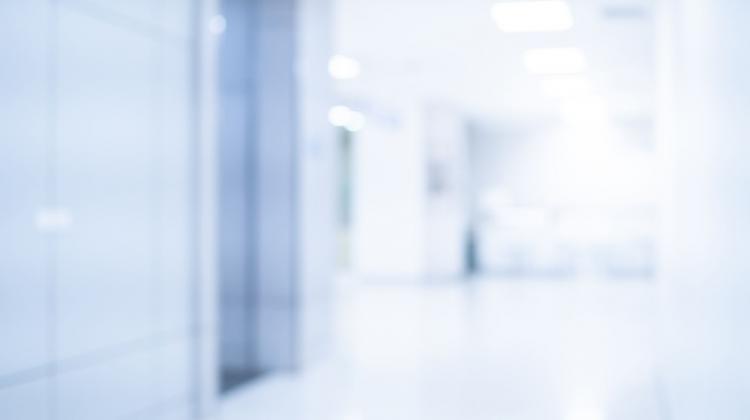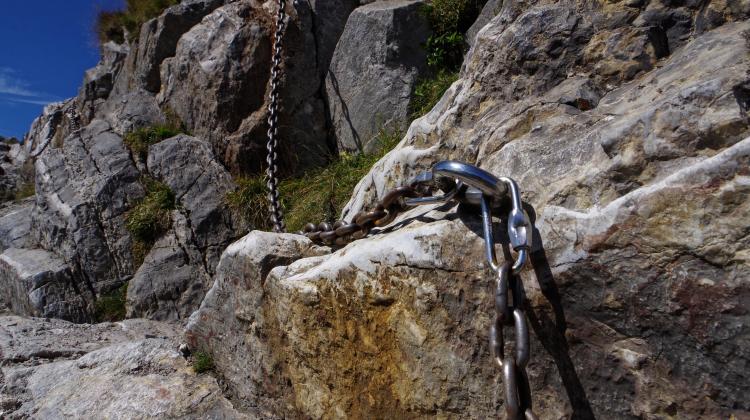‘Miracle Surgeon’ Awarded for Best Reconstruction Surgery in the World
 Credit: Fotolia
Credit: Fotolia
A surgeon who carried out groundbreaking transplants on a six-year-old boy suffering from horrific burns has been honoured with a prestigious award for ‘best reconstruction surgery’ in the world.
Professor Adam Maciejewski from the Oncological and Reconstructive Surgery Clinic in the Gliwice branch of the National Cancer Institute, received the award from the American Society for Reconstructive Microsurgery (ASRM) for his incredible 2019 operation, as well as other outstanding achievements.
The award was granted last week during the ASRM Annual Meeting. The members of the society are approx. 950 leading reconstructive surgeons from around the world.
At a press conference in Gliwice, Professor Maciejewski said: “It is an honour and pleasure to be recognised by such an excellent group, American actually by name, because it brings together surgeons from around the world. It would not be possible without the support of the team and the centre of which I am a representative, and not only the prize winner.”
When six-year-old Tymoteusz was just 13-months-old he suffered a severe burn from a pipe unblocker commonly used in homes, resulting in a necrosis of organs necessary for eating, speaking and breathing.
In a world-first, during the 15-hour surgery Professor Maciejewski and his team transplanted organs taken from a deceased donor: the root of the tongue, larynx, throat, cervical oesophagus, trachea, thyroid and parathyroid glands, hyoid bone, short neck muscles and all four nerves that innervate the larynx.
At the press conference in Gliwice, Professor Maciejewski said Tymoteusz now feels good, is continuing his rehabilitation and is beginning to speak. He said: “He can already speak his first words, and the rehabilitation of the voice function is very successful.”
Every year, the American Society for Reconstructive Surgery receives 200-300 entries from around the world. From this number, a dozen or so most interesting reconstruction surgeries are selected, and then three to five advance to the finals.
The reconstruction carried out in Tymoteusz "competed" with another case of extensive reconstruction in the head and neck area and with a repair surgery of the lower half of the body, deformed due to a birth defect.
The Polish reconstruction received 122 votes, the other two procedures 56 and 37 votes respectively. “Of course, there were emotions, but I also had great satisfaction that in this competition our centre in Gliwice is treated as an equal to leading centres in the world, such as the Mayo Clinic or Harvard University,” Professor Maciejewski said.
He has previously won the prize for best reconstruction twice. In previous years, he was awarded for face and neck organ transplantation.
Director of the Gliwice branch of the National Cancer Institute Professor Krzysztof Składowski said during the conference: "The world`s greatest authorities in the country, which boasts the greatest development of medicine in almost every field, have confirmed that the surgeries performed by the team led by Professor Adam Maciejewski are as significant and of as such great importance for the future as we thought. Here in Gliwice, history is being made.”
Professor Maciejewski also received the Godina Traveling Fellowship, which will enable him over the course of a year to visit leading reconstructive surgery centres around the world, including the centre in Ljubljana where the outstanding Slovenian surgeon Marko Godina (1943-1986) worked. Godina is considered a visionary of plastic surgery and a precursor of currently used surgical methods.
The professor said: “The Godina Traveling Fellowship not only allows me to participate in the life of the best centres in the world, but also to represent our centre and team, which can bring immeasurable cooperation benefits in the future.”
PAP - Science in Poland, Anna Gumułka
lun/ zan/ kap/
tr. RL
Przed dodaniem komentarza prosimy o zapoznanie z Regulaminem forum serwisu Nauka w Polsce.















